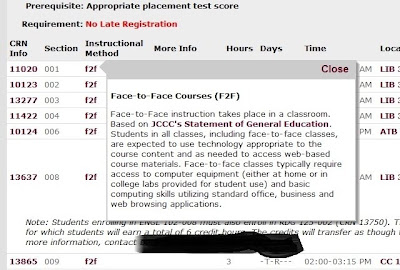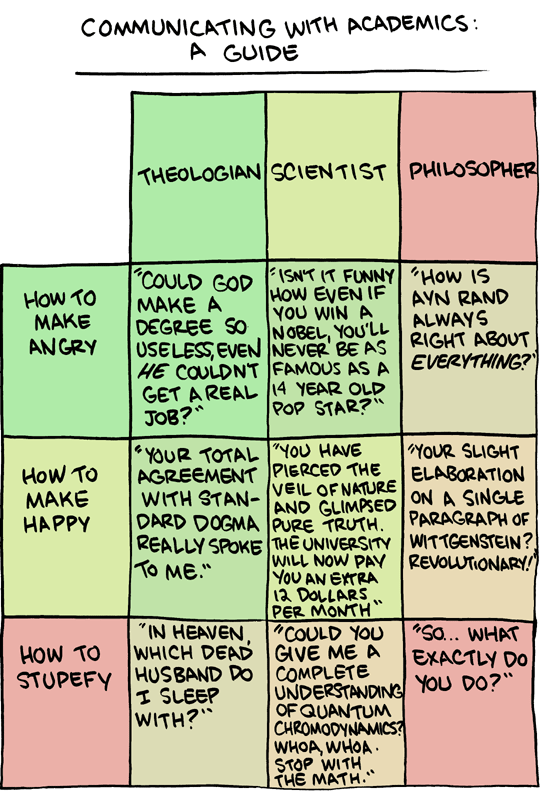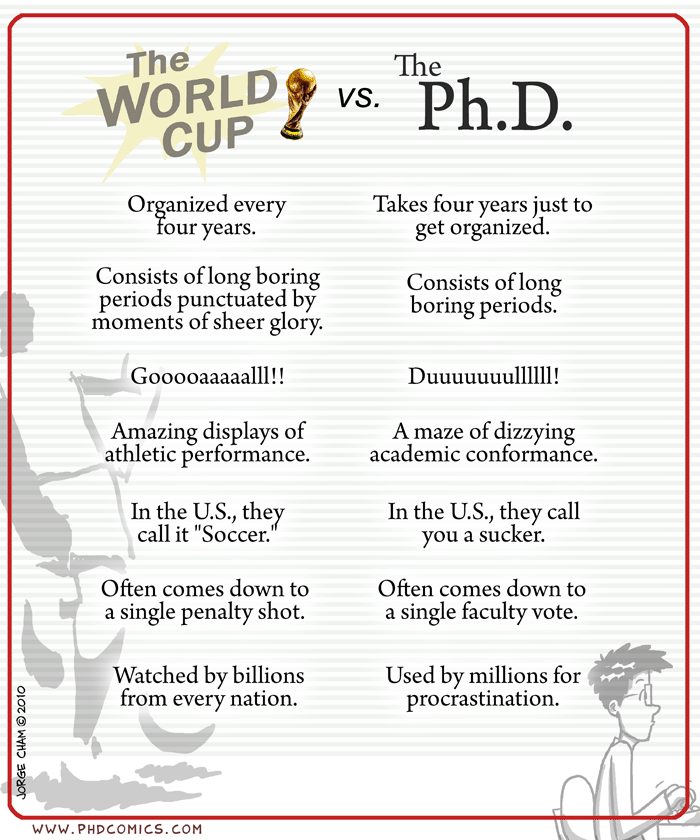One of my groups did a project on "
Important things students should know before their first day of college" and they published originally to Facebook on May 8th, and it was republished in a local high school paper for the benefit of new students. This is by by Jenna Groth, Alex Soborov, Patrick McMahon and Sunny Shukla. In case the link above doesn't work, we'll reproduce it in it's entirety below:
Sorry if you're getting this if you've already begun college. I couldn't remember if some of you already began college or not and I figured it's better if you get this and learn how to save lots and lots of money when buying your first semester's college textbooks.
If you're a high school teacher and you're getting this, please feel free to show this to your students.
If you're wondering who Alex, Patrick, and Sunny are, they're from one of my classes. This was a class project.
Seniors, you can get cheated out of your valuable money, or you can read this column.
Between enrolling in college, paying for your first college classes, buying the necessities for your dorm and saying goodbye to your high school friends, you probably don’t have the time to think about how to buy your college textbooks. Buying textbooks is easy. All you have to do is go to your college bookstore and ask the salespeople how to buy their grossly-overpriced books. This is a great method….if you want your college to cheat you out of a hundred bucks. There’s actually a better way of buying books that’s only a little time-consuming but will save you lots of money.
First, you start at your college’s bookstore. Not to buy the books, but to look for a series of numbers stamped on the back of the textbooks, known as the ISBN number. After you find those numbers, write them down and then go to a computer and visit www.amazon.com. Look on the site for the textbook search and choose search by ISBN number. Enter in the ISBNs of your books (you can search for more than one book at the same time).
You will probably find several books that are one edition below the books your college’s bookstore sells. They’re almost exactly the same thing your professor expects you to use except instead of costing $150, these books cost as low as $1.50. Your professor usually teaches out of the most recent edition, which college bookstores usually sell, but professors usually understand that not all students have the most recent edition. If your professor insists on using problems from the most recent edition, you can still keep your “primitive” edition of your textbook and ask the cute classmate who sits next to you to let you copy down the problems.
But before you buy the cheap books off of Amazon, you should do a Google search for “college textbooks” and (the city and state your college is in). This will help you find the bookstores that sell books for your college at a discount price. Call these stores up and ask them how much they are selling these books for. Beat the Bookstore, a college bookstore in Lawrence, typically sells its books for whatever the best deal on www.amazon.com is for that particular day. If the bookstore offers you an amount that will lead to you saving money on shipping, ask the manager if you can order your books from the phone and pick them up when you visit your college for orientation over the summer.
If there’s still a book that costs more than $50 on Amazon, you don’t have to give up and buy from the fiendish college bookstore…yet. You should just show up to your first day of class and ask your professor, “What are we going to use our textbook for?” After your professor answers you, follow your question with, “How often are we going to use the textbook?” It is very important that you do not ask, “Do we need to use the textbook?” You probably won’t get an honest answer if you ask it like that because some department deans won’t allow professors to tell students they do not need the book. If your professor says the book won’t be used often, you might not need it. Instead, you can check copies of the book out from the campus library or from the resource centers of the department your class is in (i.e. the English department’s writing lab for a literature or writing class or the math resource center for a math class). Or again, you can copy down the problems from the cute classmate who sits next to you.
If your professor says you have to use the book about once a week and you have tried searching for your book online and through bookstores that aren’t affiliated with your college, it’s time to cave in and buy your book from the college bookstore. Our only advice to you is to not buy an electronic book that costs $10 less than the new books or a customized brief book. These deceptively look like you are saving $10 to $20, but you’re actually losing about $30 because you cannot sell these books back at the end of the semester.
After a semester of adapting to college homework, social life, and professors (who you, of course, looked at performance reviews of on www.ratemyprofessor.com before your first day of class, rather than blindly signing up for a professor and hoping it’s one who actually hopes you pass your classes), you will want a little money back at the end of the semester, right? The important thing to know is that selling back your textbook is also an important money-saving process just like buying your textbook. Instead of rushing to the bookstore that sold you the cheapest book you bought online, you should visit every local bookstore and ask the cashiers what their stores are willing to pay. You will be surprised at how much more generous some book sellers/buyers are. A little bit of searching can get you $50 back.
While you have learned a few tricks of the trade from us, there is still much, much more you need to learn about getting by in college. Grades are different. Homework is different. Even the clubs you got involved in in high school can be intimidating by the new air of professionalism your club officers might expect out of you. Don’t read this column and think you know everything about college. Ask your older cousins, siblings or older friends about navigating college. Ask them anything from how to get an “A” in college to what a permission code is and why asking your professor for it before you enroll for your courses will save you valuable time during orientation.
And most importantly, make sure they teach you to wash your laundry.








